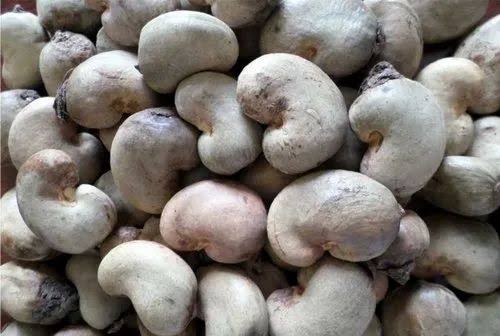Cashew exporters in Imo State generated $8.6 million in export earnings during the 2024 fiscal year, according to the Nigerian Export Promotion Council (NEPC). The figure reflects growing momentum in the state’s non-oil export sector and highlights cashew as a viable income stream for farmers and agro-businesses.
The Executive Director of NEPC, Mrs. Nonye Ayeni, made the disclosure during a workshop on cashew production held Friday in Owerri. Themed “Best Agronomic and Post-Harvest Practices for Cashew Cluster Farmers in Imo State,” the event brought together stakeholders from across the cashew value chain.
Ayeni, who was represented by NEPC Imo Coordinator, Mr. Anthony Ajuruchi, said that strengthening cashew production is critical to sustaining long-term growth in Nigeria’s agricultural exports.
She praised farmers in the state for their resilience despite structural and market challenges. “Cashew is more than just a raw export commodity,” she noted. “Its value chain holds potential for producing wine, liquor, cream, butter, and other consumer products.”
To enhance output and value addition, NEPC has facilitated the purchase of 1,500 improved cashew seedlings to be distributed to farmers in Okwudor and Okigwe. This move mirrors an earlier intervention in cocoa farming, which has already started yielding results.
Ayeni also acknowledged the role of the Imo State Government in creating an enabling environment for both farmers and exporters, saying the support is crucial for attracting investment and sustaining export growth.
Also speaking at the event, the Executive Director of the Cocoa Research Institute of Nigeria (CRIN), represented by Dr. Olaniyi Olufemi, Head of CRIN’s Umuahia Station, encouraged more farmers to explore cashew cultivation. He assured that CRIN would provide agronomic support and technical guidance not only for cashew but also for kola, cocoa, coffee, tea, and black plum.
With export earnings like these, cashew is steadily positioning itself as a cornerstone for non-oil revenue and rural economic development in Imo State. The workshop underscored the importance of good farming practices, quality control, and value chain investment to unlock the full potential of Nigeria’s agricultural exports.










